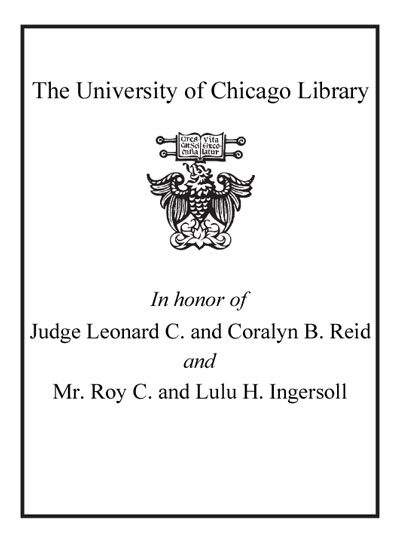| Summary: | Most scientists would agree that a sixth mass extinction is on the horizon unless radical changes are made in how Western society treats nature. At the same time, another extinction crisis is unfolding: the loss of many of the world's languages. More and more work in applied biology, anthropology, linguistics, and other related fields is now driven by the assumption that we are approaching a threshold of irreversible loss, that events during the next few decades will decide whether we cross over into a fundamentally changed and significantly diminished world. This leads to a very simple question that has not, until now, been answered satisfactorily: Why should anyone care?<br> <br> David Harmon takes a unique approach to answering this essential question by drawing on insights from conservation biology, evolutionary theory, linguistics, geography, psychology, philosophy, and ethics. His interconnected discussion explores the works of Voltaire, A.O. Lovejoy, Darwin, Wittgenstein, William James, Dobzhansky, and many others to explain why everyone must be concerned about the loss of diversity. When more and more elemental differences are erased from the natural world and human societies, the field of possible experience becomes more constricted and our essential humanity becomes jeopardized.<br> <br> The very reason our planet can be said to be alive is because an amazing variety of organisms, streams of human thought and behavior, and geophysical features exist that provide a congenial setting for the interworkings of nature and culture. Harmon's timely, important book elucidates how as we lose diversity, we risk losing ourselves.
|
|---|

